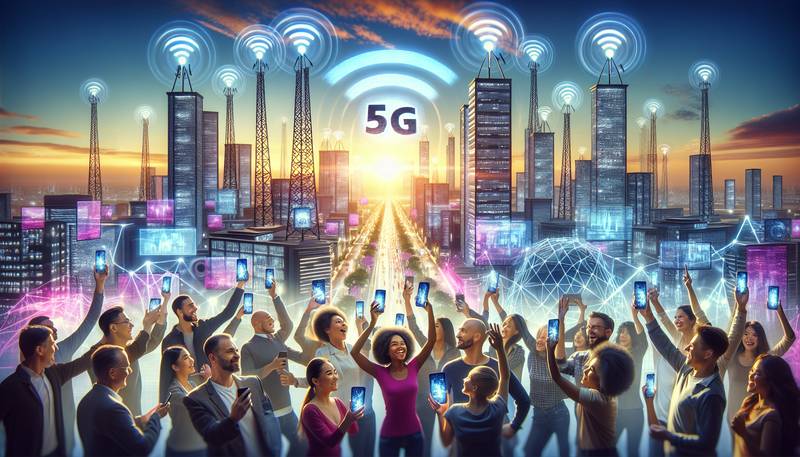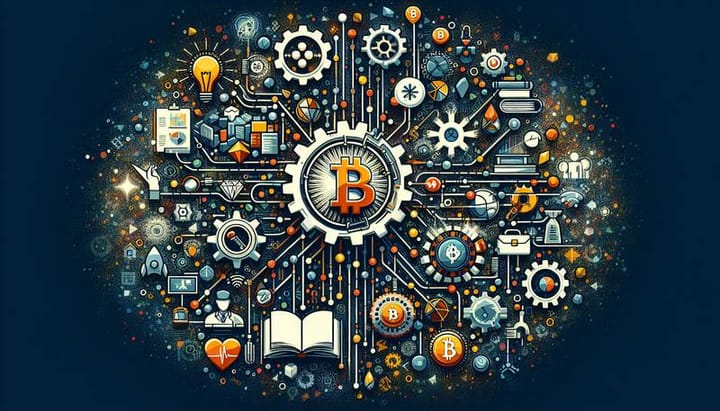The Impact of 5G: Faster, More Reliable Internet for All

As we move into the era of 5G, the world is about to experience a significant shift in how we connect and communicate. The fifth generation of wireless technology promises to bring faster, more reliable internet to people around the globe, transforming the way we live, work, and play. But what exactly is 5G, and what impact will it have on our daily lives?
What is 5G?
5G is the next generation of wireless technology that will replace the current 4G LTE networks. It's designed to offer faster speeds, lower latency, and more reliable connections. With the ability to support up to 1,000 times more devices per square kilometer than 4G, 5G is set to revolutionize the way we use the internet.
The Benefits of 5G
There are countless benefits that 5G will bring to individuals, businesses, and society as a whole. For starters, the increased speed and reliability of 5G networks will make it possible to download and upload data at lightning-fast speeds. This means that streaming videos, downloading large files, and online gaming will be smoother and more enjoyable experiences. Additionally, 5G will enable new technologies like virtual reality and augmented reality to become more mainstream, as these technologies require high-speed, low-latency connections to function effectively.
Another significant impact of 5G is the potential for the internet of things (IoT) to become more widespread. With 5G, devices and appliances around the home and office will be able to connect to the internet and communicate with each other, leading to increased efficiency and convenience. For example, appliances could be programmed to turn on or off based on your habits, or sensors could be installed in cities to monitor traffic flow and adjust traffic lights accordingly.
5G will also have a major impact on businesses. With more reliable connections, businesses will be able to take advantage of cloud-based services and remote work more effectively. This could lead to increased productivity and cost savings, as employees can work from anywhere without worrying about a weak internet connection. Additionally, 5G could enable new business models and industries, such as autonomous vehicles and telemedicine, to become more viable.
The Challenges of 5G
While the benefits of 5G are clear, there are also challenges that need to be addressed. One of the biggest challenges is the cost of building and maintaining 5G networks. This new technology requires a significant investment in infrastructure, including new cell towers and updated equipment. Additionally, there are concerns about the potential health risks of 5G, as some studies have suggested that the higher frequency waves used in 5G networks could be harmful to humans and the environment.
Another challenge is ensuring that 5G is accessible to everyone. While 5G networks are being built in major cities around the world, rural areas and developing countries may be left behind. This could exacerbate the digital divide, as those without access to 5G networks may be unable to take advantage of the benefits of this new technology.
The Future of 5G
Despite the challenges, the future of 5G is bright. As technology continues to advance, we can expect to see continued improvements in speed, reliability, and accessibility. In the coming years, 5G networks will become more widespread, and the benefits of this new technology will become more apparent.
In conclusion, the impact of 5G on our lives cannot be overstated. With faster, more reliable internet for all, we can expect to see significant advancements in technology and improvements in our daily lives. While there are challenges to be addressed, the future of 5G is filled with exciting possibilities. So, buckle up and get ready for the ride – the 5G revolution is just getting started!


